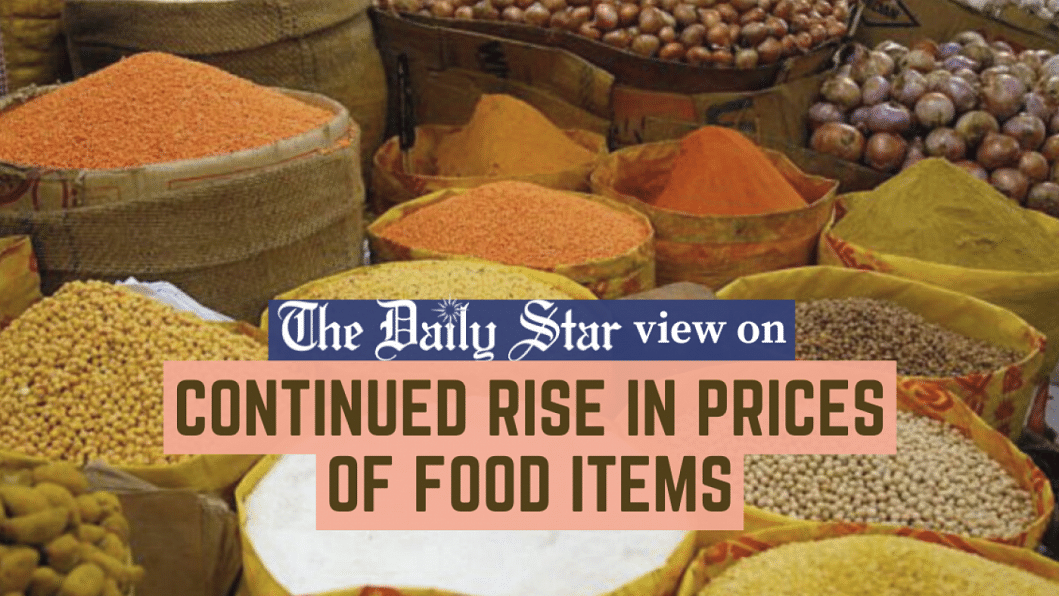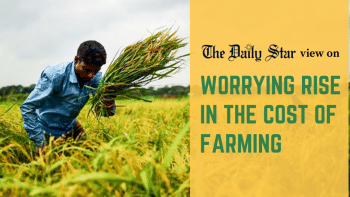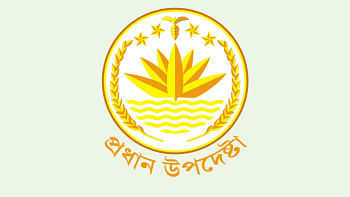We must check relentless price increase

If 2022 was a year of suffering for the poor and people of fixed income – with the cost of living reaching absurd heights – 2023 in its second month already promises to match or surpass that sad milestone. In January, within the space of just three weeks, the government twice increased the prices of electricity. In the first week of February, the price of LPG has seen steep increase, while an earlier increase in gas prices for industries, power plants and commercial establishments has come into effect. The relentless increase in fuel, gas and electricity prices – and therefore in transport and production costs – already threatens to take essentials further beyond the reach of consumers.
Unfortunately, beyond excuses and sentimental claptrap, our leaders have failed to offer a way to reduce suffering. It's almost as if the poor are expected to somehow make their needs disappear using some magic wand, uncritically accepting the government decision to withdraw subsidies from the energy sector at a time when they are at their most vulnerable. A report by this daily shows us the level of suffering this has caused. A 60-year-old security guard tells us that his family of nine has to borrow to meet basic requirements, despite their collective income of Tk 40,000. A bank clerk says he has cut down on his intake of bread at breakfast against his doctor's advice – with the prices of flour, along with rice and soyabean oil, soaring by up to around 20 percent in a year.
The government's response to this hike-fest has been minimal at best, and non-existent at worst. Even the prices of food items that remain usually low in winter, like potatoes and vegetables, have not come down, suggesting the collapse of any market regulation mechanism that it has. Many have also complained that, for essentials like LPG, they are being charged more than the prices set officially. And it is not just the people of the low-income groups, but middle-income people are also suffering greatly, as the Consumers Association of Bangladesh (CAB) revealed last month. Analysing the pricing trend in Dhaka, the CAB said that the average annual inflation rate in 2022 was 11.08 percent.
Clearly, we have reached a point where drastic action is needed to reverse this trend and minimise people's suffering. We agree with the PM that gas and electricity supplies cannot be subsidised indefinitely, but this is neither the time to fully abandon subsidies nor should the IMF's loan conditions be the only driver behind any reform measures being planned. People's long-term and immediate interests should both be considered while undertaking these reforms, and proper execution is a must to ensure maximum benefits. People's immediate interests dictate that the absurdly high prices of essentials, caused by the energy price hikes and lack of market regulation, should be urgently reduced.
Moreover, the government should consider expanding its social security programmes to reduce the impact of high inflection on the poor, and also take steps to raise the income level of ordinary citizens, including the middle-class. The government must prove its sincerity to understand and address their problems.


 For all latest news, follow The Daily Star's Google News channel.
For all latest news, follow The Daily Star's Google News channel. 








Comments